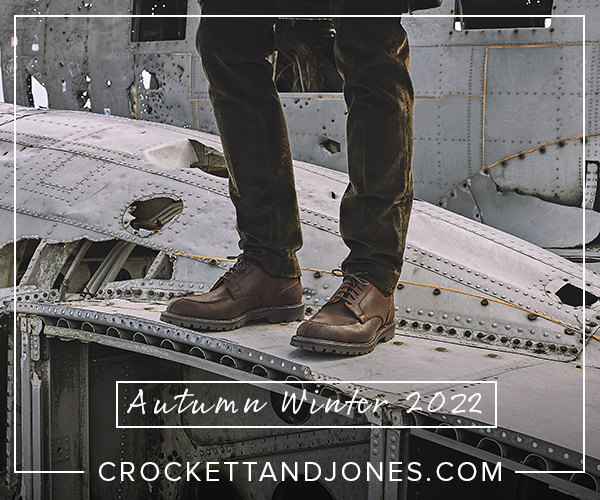I was in Naples this week, to see Kiton, Rubinacci, Marinella, Attolini and Tavarico among others. It was a wonderful if sweltering way to learn more about Neapolitan style and tailoring. Serves me right for going in July.
First off, my second fitting at Rubinacci. The atelier upstairs of the Rubinacci shop is a hive of tailors and cutters – over 30 according to Mariano, making it the biggest such operation in Italy to his knowledge. They are separated into seven rooms, behind the shop and up a flight of delightfully cool stone steps. One room is dedicated to trouser making, one to shirts (those these are largely made on other premises) and one to finishing.
You can see various pictures from the workrooms here. It was good to hear that several of those pictured are apprentices, many of them apparently inspired by Luca – and presumably his colour-mixing glamour – to enter the world of tailoring.
Andrea (top) and Gennaro (above), master tailors, fitted the jacket alongside Mariano. Having decided that it needed more room across the chest and in the back, as well as a higher collar, Andrea ripped apart the jacket for me and marked it up for re-cutting. The chalk marks are where the edges, and therefore the basted stitching, will move to.
Nothing reinforces the impressive nature of tailoring than watching someone like Andrea re-mark the various pieces of a jacket, knowing in his mind’s eye how this jigsaw will sit better on my back.
Rubinacci tends to do three fittings on a new customer, but there is no real forward fitting. This stage, though still very unfinished, did include the pockets, canvas and lining where the previous one had not. Mariano described it as the most technical fitting, where the first looks purely at balance, both left and right and forward and back, as well as the impact that has on length. The next fitting will be pretty much finished, with only small changes expected.
Basting
Trousers
Shirts
More details on aspects of Rubinacci, including the vintage store, vintage cloth rolls and some lovely old models, in another post.































Is it me or am I seeing basting stitches going down near the seam allowance near the center back seam of the backpiece? Could that mean that the lining has been attached to the jacket before the jacket parts have been assembled?
There are basting stitches there, yes. But they are not to attach the lining, if only because there will be no lining in the back!
The jacket will be half lined. At this fitting stage the lining on the too foreparts was basted loosely in and then removed afterwards.
Simon